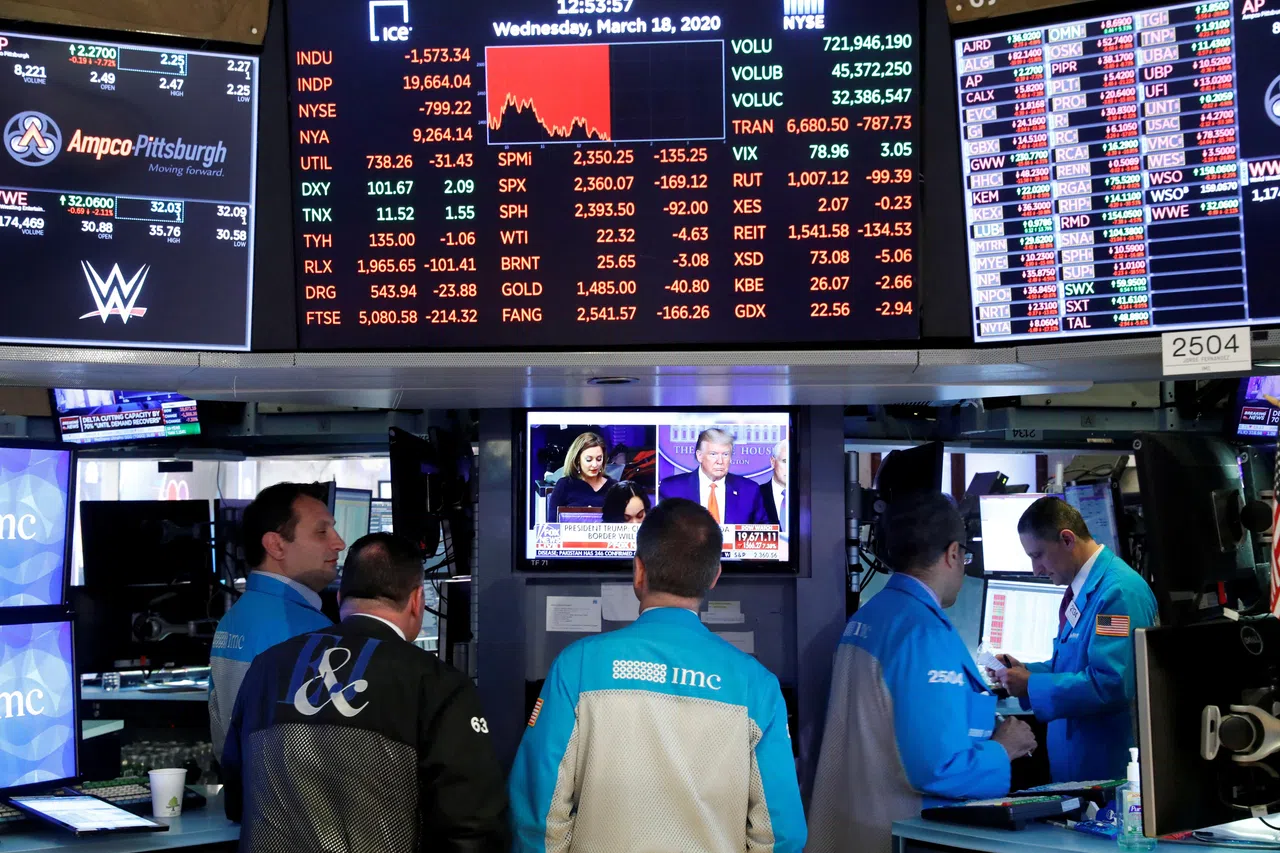SWISS watch exports fell sharply in September as shipments to China dropped by half, putting more pressure on the European country’s struggling luxury sector.
Exports of Swiss timepieces and watch movements declined by 12.4 per cent overall to about 1.9 billion Swiss francs (S$2.9 billion) in value, with China’s imports down 50 per cent, the Federation of the Swiss Watch Industry said in a statement on Thursday (Oct 17).
The figures lay bare the challenging environment for Swiss watchmakers as consumers around the world cut back on pricey timepieces after a post-pandemic boom.
The downturn is being driven by weak sales to Asia with mainland China and Hong Kong accounting for two-thirds of the monthly decline in exports, the Federation said. Overall exports have fallen by 2.7 per cent in the first nine months of 2024 compared with the same period the previous year.
Even expensive watches with wholesale prices above 3,000 francs showed marked declines during the month, with exports dropping 7.3 per cent by value. Pricey watches had showed some resilience earlier this year while exports of more affordable models fell.
Large brands Rolex and Patek Philippe are still growing sales, said Jean-Philippe Bertschy, head of Swiss equity research at Vontobel. “If we exclude those brands, the decline in Swiss watch exports would be significantly more pronounced.”
Furlough
The Federation and a group representing horology workers warned last month of a significant drop in demand that’s hurting Swiss watch brands and putting jobs at risk. They called on the Swiss National Bank to take steps to weaken the strong franc.
Some major brands are already using the government supported “short-time” work programme to furlough employees as orders drop. Sowind Group brands Girard-Perregaux and Ulysse Nardin have put about 15 per cent of workers on furlough, the company’s chief executive officer told Bloomberg News.
Suppliers of components – such as watch cases, dials and bracelets – are struggling in particular, with companies taking extended summer holidays and putting staff on reduced work furloughs. BLOOMBERG







